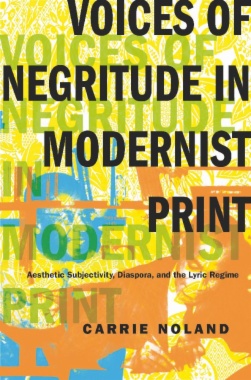The International Labour Office is the moving force behind the adoption of the Labour Force Survey in Western countries as the only reliable means of gathering information about trends in employment and unemployment, and on pay. The countries of East-Central Europe and the former USSR have recognized their need of such statistiics and turned to the ILO to help them set up systems to provide data required by decision makers. This pioneering work shows how the old "command" economies are setting up brand new systems to classify occupations, to measure employment and unemployment, and to collect information on wages and labour costs, which will be useful to students of the area and essential for statisticians world-wide concerned with the challenge of instigating an entirely new statistical service.
- Cover
- Front matter
- Contents
- Preface
- Notes on contributors
- Introduction
- PART I: MAJOR CHALLENGES IN LABOUR STATISTICS
- 1. Labour force, employment and unemployment
- 2. Wage and labour cost
- 3. Classification of occupations
- 4. Measuring employment trends, labour shortages and skill gaps in transition countries
- 5. Revision of labour statistics systems in the countries of the Commonwealth of Independent States in the light of the ILO international recommendations
- 6. Some aspects of labour analysis in the CIS countries
- 7. Towards a strategy of reform for systems of pay classification in countries in Central and Eastern Europe
- 8. Hungarian labour statistics in transition
- PART 11: LABOUR FORCE, EMPLOYMENT AND UNEMPLOYMENT
- 9. International standards on the measurement of economic activity, employment, unemployment and underemployment
- 10. Statistical study of employment and unemployment in the Republic of Belarus
- 11. The Labour Force Survey in Czechoslovakia
- 12. The Hungarian Labour Force Survey, 1992: Reference Manual
- 13. The Polish Labour Force Survey
- 14. The Labour Force Survey: a means of statistical investigation of the Romanian labour market
- 15. The guidelines for the transition of Russian Federation statistics for the study of employment and unemployment through Labour Force Surveys
- PART Ill: WAGE AND LABOUR COST
- 16. International standards of wage statistics: summary
- 17. Establishment surveys: a review of national practices
- 18. Wage-fixing policy: consequences of wage data gathering
- 19. Wage and labour cost statistics in Czechoslovakia
- 20. The Hungarian Labour Cost Survey
- 21. Wage statistics in the Republic of Lithuania
- PART IV: CLASSIFICATION OF OCCUPATIONS
- 22. The revised International Standard Classification of Occupations (ISCO-88)
- 23. Mapping a national classification of occupations into ISCO-88: outline of a strategy
- 24. Mapping the world of work: an international review of the use and gathering of occupational information
- 25. The revision of the Hungarian system of classifyingoccupations
- 26. System of classification and description of occupations in the Soviet Union: structure, purpose and issues relating to improvements
- ANNEXES
- 1. ILO-comparable annual employment and unemployment estimates: updated results and methodology (No. 3) (Extract)
- 2. Methodological description of the Labour Force Survey in the Russian Federation
- 3. Questionnaire used in a sample survey of the population on employment Labour Force Survey in the Russian Federation
- 4. Conceptual and technical outline of the Hungarian LabourForce Survey
- 5. Labour force sample survey for Czechoslovakia
- 6. Hungarian Labour Force Survey questionnaire
- 7. Conceptual outline of the planned Romanian Labour Force Survey
- 8. The ISC0-88 major groups
- Back cover

